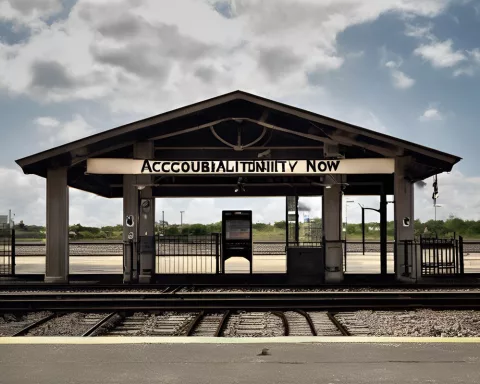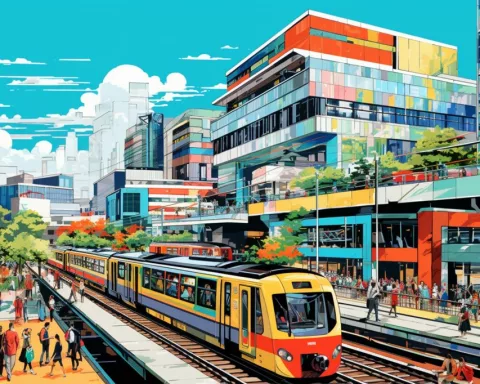The Ministry of Transport has announced the removal of Mr. Leonard Ramatlakane from his position as a board member and chairperson of the Passenger Rail Agency of South Africa (PRASA). The decision was made following an investigation into the misuse of one of PRASA’s Cape Town properties by the chairperson, who failed to follow proper procedures.
Appreciation for Ramatlakane’s Contributions
Despite the unfortunate circumstances surrounding his dismissal, Transport Minister Chikunga expressed appreciation for Ramatlakane’s leadership and contributions to PRASA. Under his guidance, the agency successfully recovered thirteen rail lines as part of its Rail Recovery Programme, surpassing the initial target of ten.
Ramatlakane’s Achievements
During his tenure, Ramatlakane oversaw the restoration of numerous PRASA rail services across different metros in the country. This expansion solidified the agency’s position as a significant mover of commuters within South Africa, with Ramatlakane’s efforts being critical in addressing the challenges faced by rail lines and stations during the lockdown period.
Commitment to Clean Administration and Governance
The Rail Recovery Programme, a government response to the destruction caused during the lockdown, has made significant progress under Ramatlakane’s leadership. The Ministry of Transport remains committed to clean administration and governance across all its entities, in line with national government objectives.
Importance of Good Governance and Ethical Conduct
Ramatlakane’s dismissal highlights the importance of good governance and ethical conduct in managing public agencies. Although it is an unfortunate turn of events, the Ministry of Transport’s dedication to transparency and integrity remains unwavering.
Future of South Africa’s Public Transportation System
Moving forward, the Ministry of Transport will continue to work towards enhancing South Africa’s public transportation system. Lessons learned from this incident will shape future policies and ensure public trust in government entities remains intact.
Implications for PRASA
PRASA, a significant provider of mass transportation for millions of South African citizens, must now adapt to this change in leadership. The appointment of a new chairperson and board member will be crucial in PRASA’s journey towards improved efficiency, transparency, and public service.
The removal of Ramatlakane has significant implications for both PRASA and the Ministry of Transport. While it is important to acknowledge his positive impact, it is equally crucial to address the allegations that led to his dismissal. The Ministry of Transport, PRASA, and other stakeholders must work together to ensure the continued progress and development of South Africa’s public transportation infrastructure while prioritizing good governance, transparency, and the well-being of the nation’s commuters.












